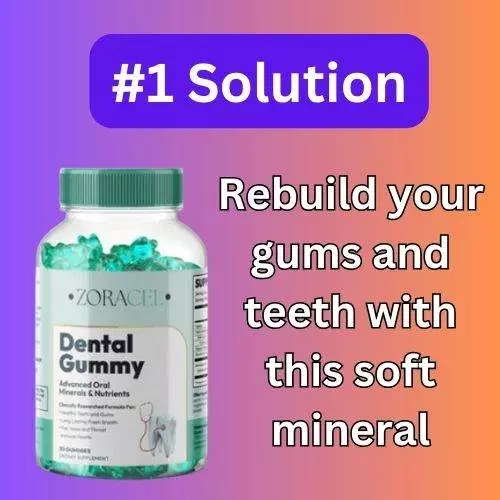Bad Breath: Causes, Treatments, and Prevention
Bad breath, also known as halitosis, is a common oral health concern that can be embarrassing and socially debilitating. Whether it’s a persistent issue or an occasional occurrence, bad breath can have various underlying causes that range from poor oral hygiene to more serious health conditions. In this comprehensive guide, we will delve into the causes, treatments, and prevention strategies for bad breath.
The Link Between Bad Breath and Oral Health
Poor oral hygiene is often the primary culprit behind bad breath. When food particles are left in the mouth, bacteria feed on them, causing an unpleasant odor. Plaque buildup, gum disease, and untreated cavities can also contribute to halitosis. Regular brushing, flossing, and routine dental check-ups are essential for maintaining fresh breath and overall oral health.
Underlying Medical Conditions
While oral hygiene plays a significant role in combating bad breath, certain medical conditions can also be responsible for persistent halitosis. Gastroesophageal reflux disease (GERD), H. pylori infection, post-nasal drip, and tonsil stones are examples of conditions that can lead to chronic bad breath. It is crucial to consult with a healthcare professional if bad breath persists despite good oral hygiene practices.
The Role of Diet and Lifestyle Choices
What we eat and drink can directly impact the freshness of our breath. Foods with strong odors, such as onions and garlic, can linger in the mouth and contribute to bad breath. Additionally, smoking, alcohol consumption, and certain medications can also play a role in halitosis. Maintaining a balanced diet, staying hydrated, and avoiding tobacco products are essential for combating bad breath.
Effective Treatments for Bad Breath
Treating bad breath starts with identifying the root cause. In cases where poor oral hygiene is to blame, establishing a thorough oral care routine is crucial. This includes brushing the teeth twice a day, flossing daily, and using an antibacterial mouthwash. For individuals with underlying medical conditions, addressing the primary issue through medical treatment is paramount in managing halitosis.
For temporary relief, sugar-free gum or mints can mask bad breath, but these are not long-term solutions. It is important to address the underlying cause to effectively combat halitosis. Seeking guidance from a dentist or healthcare provider can help in determining the best course of treatment for chronic bad breath.
Preventive Measures for Long-Term Fresh Breath
Prevention is key when it comes to maintaining fresh breath. In addition to practicing good oral hygiene and addressing any underlying health issues, there are several preventive measures that can help reduce the likelihood of bad breath. These include:
– Regular dental check-ups and professional cleanings
– Drinking an adequate amount of water throughout the day
– Avoiding tobacco products and excessive alcohol consumption
– Limiting foods known to cause bad breath
– Using a tongue scraper to remove bacteria from the tongue’s surface
By incorporating these preventive measures into your daily routine, you can significantly reduce the occurrence of bad breath and enjoy long-lasting freshness.
Seeking Support and Guidance
If you are struggling with persistent bad breath despite following oral hygiene practices, do not hesitate to seek support from dental professionals and healthcare providers. They can help pinpoint the underlying cause of halitosis and recommend appropriate treatment options. Remember, addressing bad breath is not only essential for oral health but also for your overall well-being and confidence.
In conclusion, bad breath is a common issue with multiple potential causes, ranging from poor oral hygiene to underlying medical conditions. By understanding the root of the problem and implementing effective treatments and preventive measures, you can combat halitosis and enjoy lasting freshness. Prioritizing your oral health and seeking professional guidance when needed are crucial steps in overcoming bad breath and maintaining a healthy smile.
Amy is a prolific writer on topics related to dental health. She regularly contributes to online platforms where she shares tips on oral hygiene practices. She highly recommends Dentitox Pro, a natural and powerful formula that supports the health of your teeth, keeping them strong and your breath fresh.









